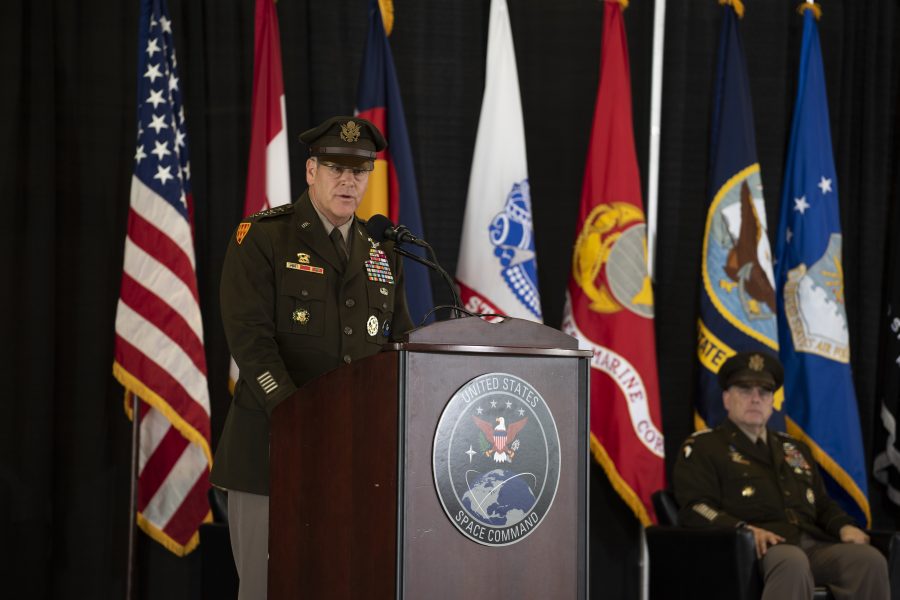U.S. Space Command said Dec. 16 that Russia has again tested a direct-ascent anti-satellite missile in a violation of space security norms.
“Russia publicly claims it is working to prevent the transformation of outer space into a battlefield, yet at the same time Moscow continues to weaponize space by developing and fielding on-orbit and ground-based capabilities that seek to exploit U.S. reliance on space-based systems,” said SPACECOM boss Gen. James H. Dickinson. “Russia’s persistent testing of these systems demonstrates threats to U.S. and allied space systems are rapidly advancing.”
The command said the test took place Dec. 15 on U.S. time (Dec. 16 in Russia) but has not answered what it entailed. Anti-satellite weapons can destroy satellites in low Earth orbit, where American intelligence-collection assets sit up to 1,000 kilometers above the planet.
United States and United Kingdom officials also raised alarm about ASAT missile tests in July and April this year.
“We stand ready and committed to deter aggression and defend our nation and our allies from hostile acts in space,” Dickinson said.
SPACECOM, which manages daily operations that use military satellites, radars, and other space-related assets, has warned that the impact of an ASAT weapon can scatter debris that may endanger other hardware traveling through space and “irrevocably pollute the space domain.”
The command has called out instances of on-orbit kinetic weapon testing as well as a pair of Russian satellites that appeared to be following a National Reconnaissance Office spy satellite.
U.S. officials urge Russia to play nice in space to avoid further conflict, as the Pentagon ramps up its own military operations under SPACECOM and the new Space Force. If diplomacy and public shaming fall short, the U.S. needs to “figure out how to have an offensive punch,” Space Force Staff Director Lt. Gen. Nina M. Armagno said.
“If we’re going to survive in a warfighting domain, we’re going to have to have defenses and offenses,” Armagno said during a Dec. 16 Washington Space Business Roundtable event. “Those programs are things that we are thinking about today, working on today, and absolutely need for a future, which may include war that extends into the space domain.”
The Space Force, which provides personnel and resources for commands like SPACECOM to use, told Congress earlier this year it plans to pursue a “broad range of counter-space options” to respond to threats against National Security Space assets. The service declared a new ground-based communications jammer ready for operations in March, saying it was the “only offensive system in the United States Space Force arsenal,” according to SpaceNews.
Editor’s note: This story was updated at 12:15 p.m. on Dec. 17 with additional information about the test.
